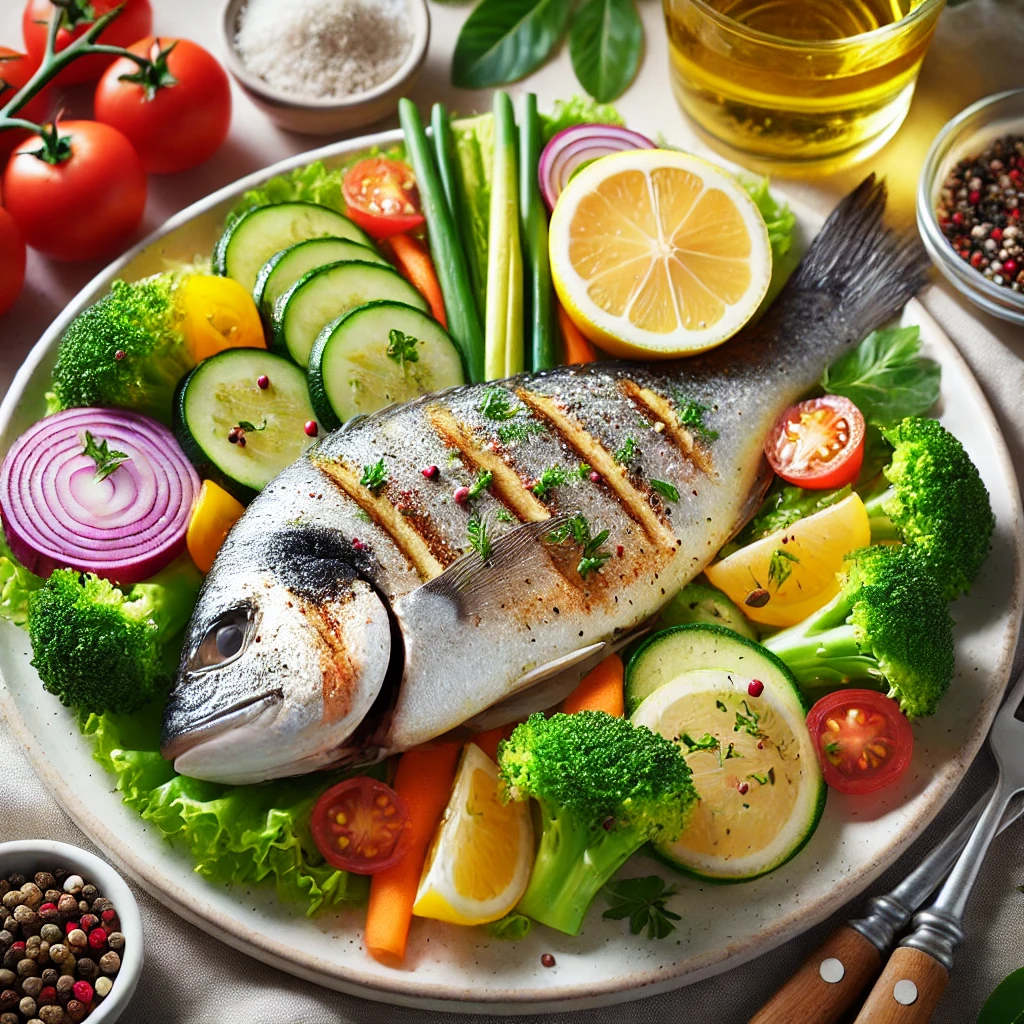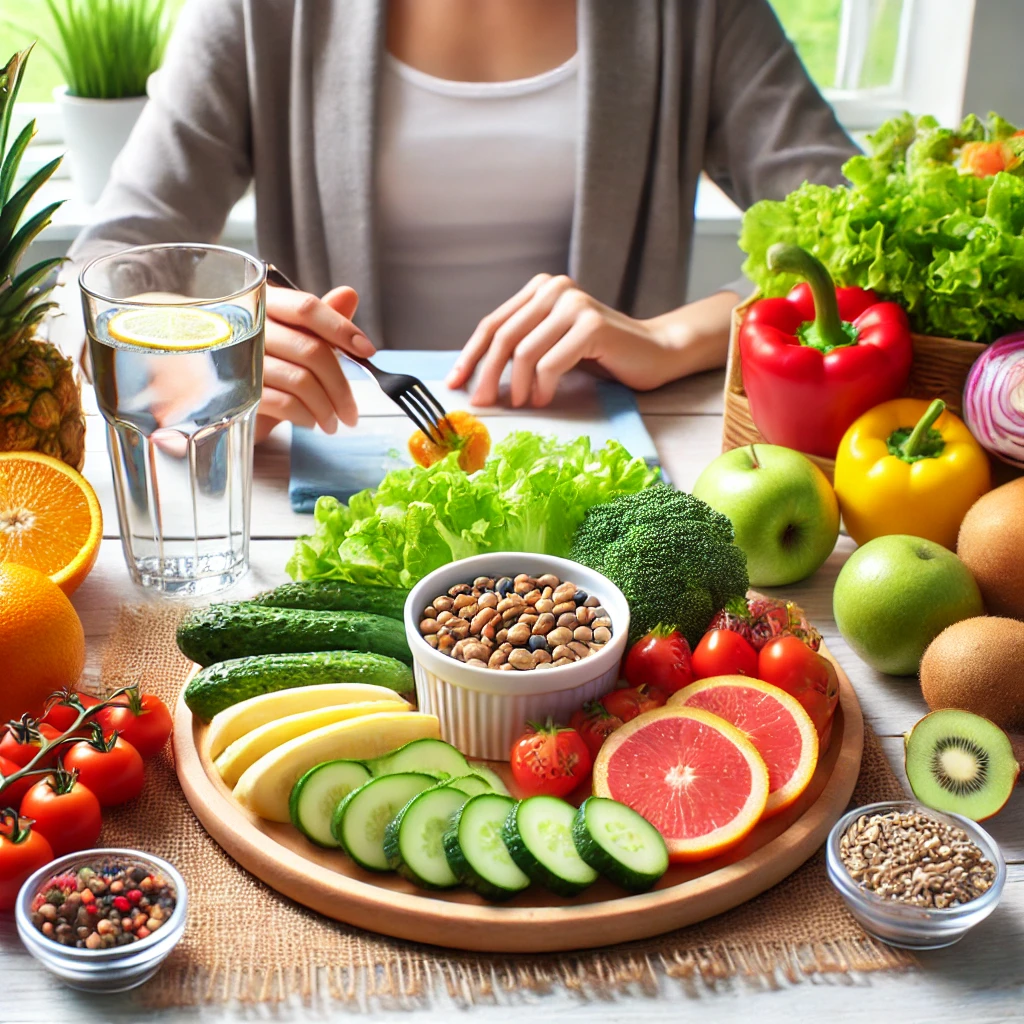
Introduction
As temperatures soar, nature offers a delicious way to stay cool and healthy—summer fruits. Bursting with flavor and nutrition, these seasonal treasures are more than just refreshing treats; they are packed with essential vitamins, minerals, and antioxidants that support overall health and boost your immune system. From mangoes and oranges to papayas and lemons, each fruit brings unique benefits that can significantly improve your well-being.
Why Summer Fruits Are Essential for Your Health
1. Rich in Vitamins and Minerals
Summer fruits are loaded with vitamin C, vitamin A, potassium, and magnesium, all of which are crucial for maintaining immune function, hydration, and heart health.
📊 Nutritional Comparison of Popular Summer Fruits
| Fruit | Vitamin C (mg/100g) | Potassium (mg/100g) | Key Benefits |
|---|---|---|---|
| Mango | 36 | 168 | Boosts immunity, improves skin health |
| Orange | 53 | 181 | Enhances immunity, lowers blood pressure |
| Papaya | 60 | 182 | Aids digestion, supports eye health |
| Lemon | 53 | 138 | Detoxifies, boosts hydration |
| Watermelon | 8 | 112 | Hydrates, reduces muscle soreness |
Source: USDA FoodData Central

2. Powerful Hydration for Hot Weather
With water content exceeding 85%, fruits like watermelon, melon, grapes, and pineapple are excellent for replenishing lost fluids during the summer heat. According to the Mayo Clinic, proper hydration improves circulation, brain function, and physical performance.
“Eating water-rich foods like fruits can be just as effective as drinking water in preventing dehydration.” – Harvard T.H. Chan School of Public Health
3. Strengthening the Immune System
Summer fruits are rich in phytonutrients, especially flavonoids and carotenoids, which are known for their anti-inflammatory and antioxidant properties. These nutrients help reduce the risk of infections and chronic diseases by enhancing the body’s natural defenses.
🔬 Recent Studies:
- A 2023 study published in the Journal of Nutritional Biochemistry found that daily intake of vitamin C-rich fruits reduced the duration of colds by up to 33%.
- According to the National Institutes of Health (NIH), potassium-rich fruits help maintain healthy blood pressure and nerve function.
Types of Summer Fruits and Their Health Benefits
Mango
- Rich in: Vitamin C, Vitamin A, potassium
- Benefits: Boosts immunity, supports vision, promotes digestive health
Orange
- Rich in: Vitamin C, flavonoids
- Benefits: Strengthens the immune system, improves heart health
Papaya
- Rich in: Vitamin C, fiber, papain enzyme
- Benefits: Aids digestion, reduces inflammation
Lemon
- Rich in: Vitamin C, potassium
- Benefits: Promotes hydration, helps detox the liver
Watermelon & Melon
- Rich in: Water, vitamin A, lycopene
- Benefits: Keeps the body cool, supports skin health
Maximizing the Benefits of Summer Fruits
Best Times to Eat
- Morning: Kickstart your metabolism and hydration.
- Post-workout: Replenishes energy and fluids effectively.
- Between meals: A light, healthy snack that curbs hunger without adding excess calories.
Storage Tips for Freshness
- Store in a cool, dry place or refrigerator.
- Wash only before eating to avoid spoilage.
- Use airtight containers to maintain freshness and prevent contamination.
Key Points to Remember
✅ Summer fruits are high in water content, making them ideal for hydration.
✅ They are rich in immune-boosting nutrients like vitamin C and potassium.
✅ Regular consumption supports digestive health, skin glow, and cardiovascular protection.
✅ Best consumed in the morning or post-exercise for maximum absorption.
✅ Proper storage ensures longer shelf life and nutrient preservation.
Conclusion
Incorporating a variety of summer fruits into your daily diet is one of the simplest and most effective ways to boost your health during the hottest months. From hydration and immunity to digestive and cardiovascular support, these fruits deliver a wide array of benefits. Their rich composition of vitamins, minerals, and phytonutrients makes them a must-have for a balanced and nutrient-dense diet.
So the next time you reach for a snack, skip the processed foods—grab a juicy mango, a refreshing slice of watermelon, or a tangy orange. Your body will thank you.
FAQs
❓ What are the healthiest summer fruits?
Watermelon, mango, orange, papaya, pineapple, and grapes. These are high in vitamins A and C, antioxidants, and water content.
❓ How do summer fruits aid in hydration?
Many summer fruits contain over 85-90% water, helping restore fluid balance, especially after sweating or sun exposure.
❓ Which nutrients in summer fruits boost the immune system?
Key nutrients include vitamin C, vitamin A, flavonoids, and potassium, all vital for immune cell function and disease prevention.
❓ When is the best time to eat summer fruits?
Ideally in the morning or post-workout, when your body can efficiently absorb nutrients and rehydrate.
❓ How should I store summer fruits to keep them fresh?
Refrigerate in airtight containers, avoid washing until ready to eat, and keep away from direct sunlight.
References
Wikipedia – List of Fruits and Nutritional Value
Harvard T.H. Chan School of Public Health – Nutrition Source
National Institutes of Health (NIH) – Vitamins and Minerals
USDA FoodData Central – Nutrition Database
Journal of Nutritional Biochemistry, 2023






